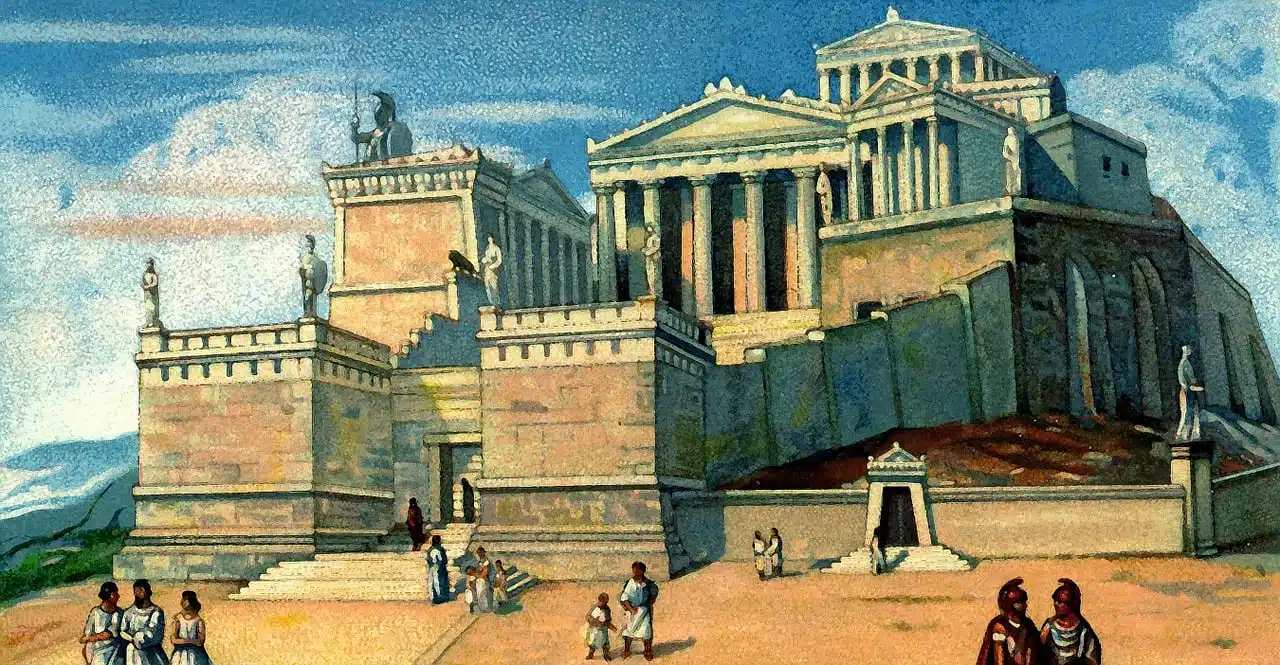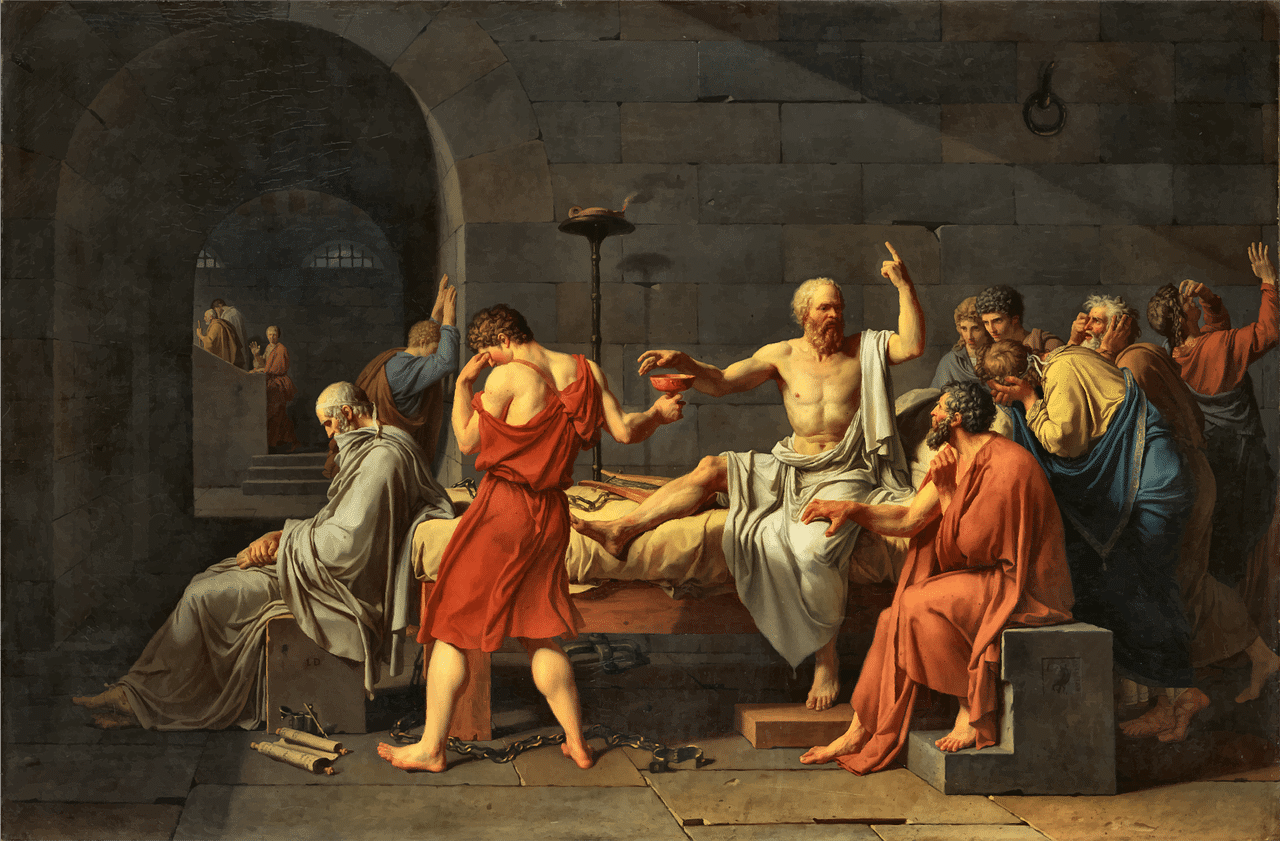
Padeía supposed a comprehensive training of the individual, beyond the intellectual aspect.
The idea of paideía (or paideia ) was used in Ancient Greece to refer to the training of children . Through paideía, the aim was to transmit technical knowledge and values so that each individual could successfully integrate into society and fulfill their civic duties.
Comprehensive training
The paideía did not focus on specialization on specific issues, but rather aimed at comprehensive training , covering everything that was considered relevant and necessary at the time. That is why it contemplated instruction in philosophy , mathematics , grammar and gymnastics , for example.
It is important to keep in mind that in the Greek polis there were citizens who dedicated their days to intervening in civic affairs. In this way, the aristocracy gave special importance to the command of language and oral expression.
It can be said that paideía was the educational process controlled by the State so that children from property-owning and free families received the training that was considered valuable to actively join the community. In some cases, paideía reached the children of slaves, although sponsored by the owner of the parents of the enslaved subject.
Characteristics of paideía
- Comprehensive formation : Greek paideía sought a complete and integral formation of the person. It not only focused on intellectual development, but also on moral, physical and aesthetic aspects;
- moral and ethical development : its main objective was the formation of virtuous and ethical individuals. It focused on instilling values such as justice, courage, moderation and respect for others;
- cultivation of reason : gave great importance to the development of the mind and rational thinking . The study of logic, philosophy, and intellectual disciplines was encouraged, and students were encouraged to develop critical reasoning and analytical skills;
- study of literature and poetry : literature and poetry played a central role in Greek paideía. It was considered essential to read and study the works of great writers, such as Homer and Hesiod;
- Civic participation : It was closely linked to participation in civic and political life. It was considered essential that Greek citizens be educated and prepared to assume their responsibilities as members of the polis.
Werner Wilhelm Jaeger
The philologist Werner Wilhelm Jaeger ( 1888 – 1961 ) was a prominent classical philologist who was especially interested in ancient Greek culture, noted as one of the great scholars of the notion of paideía. According to this expert, the concept does not coincide exactly with the current meanings of ideas such as literacy , culture or education , but rather integrates different aspects of all of them.
It is possible to affirm that paideía, in this framework, was a way of understanding education as a process that sought to form virtuous citizens capable of participating in the civic life of the polis . Jager known primarily for his monumental work Paideía: The Ideals of Greek Culture , published in three volumes between 1933 and 1947.

Werner Wilhelm Jaeger studied the relationship between paideía and political and social ideals.
This philologist set out to investigate and understand the essence of Greek paideía, examining its historical, philosophical and literary roots. In his work, he argues that this Greek concept was based on the complete development of the person , with an emphasis on moral and ethical training, as well as the cultivation of reason and intellectual excellence. He maintained that Greek education centered on the idea of areté , which translates as virtue or excellence, and sought to develop individuals capable of contributing to the well-being of society.
Jaeger thoroughly examines the works of great Greek thinkers and writers, such as Homer, Hesiod, Sophocles, Euripides, and Plato , among others. Analyzes the influence of these authors on the education and character formation of young Greeks, as well as the relationship between paideía and the political and social ideals of the time. Its approach is based on a humanistic vision and highlights the importance of education in the formation of responsible, ethical and intellectually competent individuals. His work has been influential in the field of classical studies and has contributed to a better understanding of education in ancient Greece.
